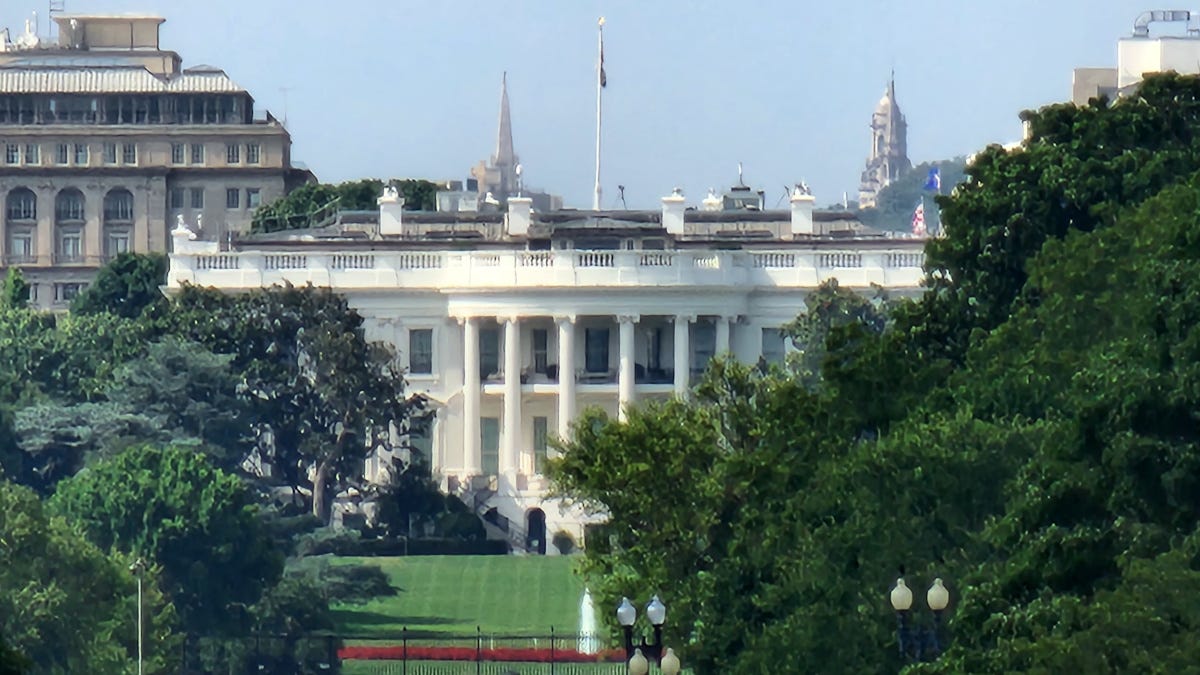Debatable
On the size of the Navy, what endangers patients in hospitals, and how to judge how well the Presidential debate serves the public interest
ABC News will host a Presidential debate tonight under unprecedented circumstances; never before in the television era has a Presidential campaign begun with two presumptive party nominees debating one another, only for one of those presumptive nominees to be replaced before Election Day. It is in the self-interest of ABC News to make as much hype of the event as possible.
■ A serious Presidential debate would ask several questions. The seriousness of this debate will be reflected, in part, by how close any of the questions come to issues like these, which are (a) of significant national interest, (b) closely under the umbrella of the President's Article II duties under the Constitution, and (c) likely to have at least some meaningful effect on the next four years, especially if not dealt with assertively.
■ Question 1: "What tools of the Executive Branch would you use to encourage the development of new tools to combat the effects of antibiotic resistance?" Health care has been a major part of the national menu of issues for decades, but we have generally avoided addressing significant growing threats like antibiotic resistance. We saw the consequences of long-term underinvestment in pandemic preparedness in 2020, and the unfathomable costs of that underinvestment. The market incentives to develop new antibiotics are no longer working adequately, so what can or will the next President do about it before it's too late?
■ Question 2: "What do you propose as the appropriate size for a modern US Navy? If you propose one larger than we have now, how would your proposal deal with shortages of both shipbuilding capacity and willing sailors?" America's naval power remains enormous, but our shipbuilding has stalled at a time when China is taking an adversarial posture in the Pacific Ocean. As a matter of national defense, this issue matters enormously to the next Commander-in-Chief.
■ Question 3: "Ukraine has demonstrated novel uses for drones in wartime. Now that the cat is out of the bag, what priorities would you set for the Defense Department around both drone deployment and our own domestic defensive vulnerabilities?" Ukraine has just projected its response to the Russian invasion straight into Moscow with a drone attack. What is learned on the battlefield in this war will only spread globally. We need to know that the next President understands that Russia's unprovoked war of aggression against Ukraine has just sped up the timetable for new strategies and tactics that will affect us in the next war.
■ Question 4: "Local water utilities have expressed grave concerns over the costs of removing the PFAS 'forever chemicals' from water, as Federal regulations appear to expect them to do. How would you address the tension between these competing regulatory interests?" It's already widely-known that the United States has badly under-invested in infrastructure for a long time. New regulatory postures are likely to require much more sophisticated and expensive treatment far beyond the existing standards, in which investment was already lax. These are competing interests largely imposed by the Federal government, so what will that government do about it?
■ If we don't hear anything like any of these questions during the Presidential Debate, then we should cease the practice of televised debates immediately and instead subject the candidates to timed essay exams. (They could even be televised, with hushed, golf-like commentary!) But if the practice of "debate" is nothing more than performance art, it's hard to see how any of it advances the public interest.



